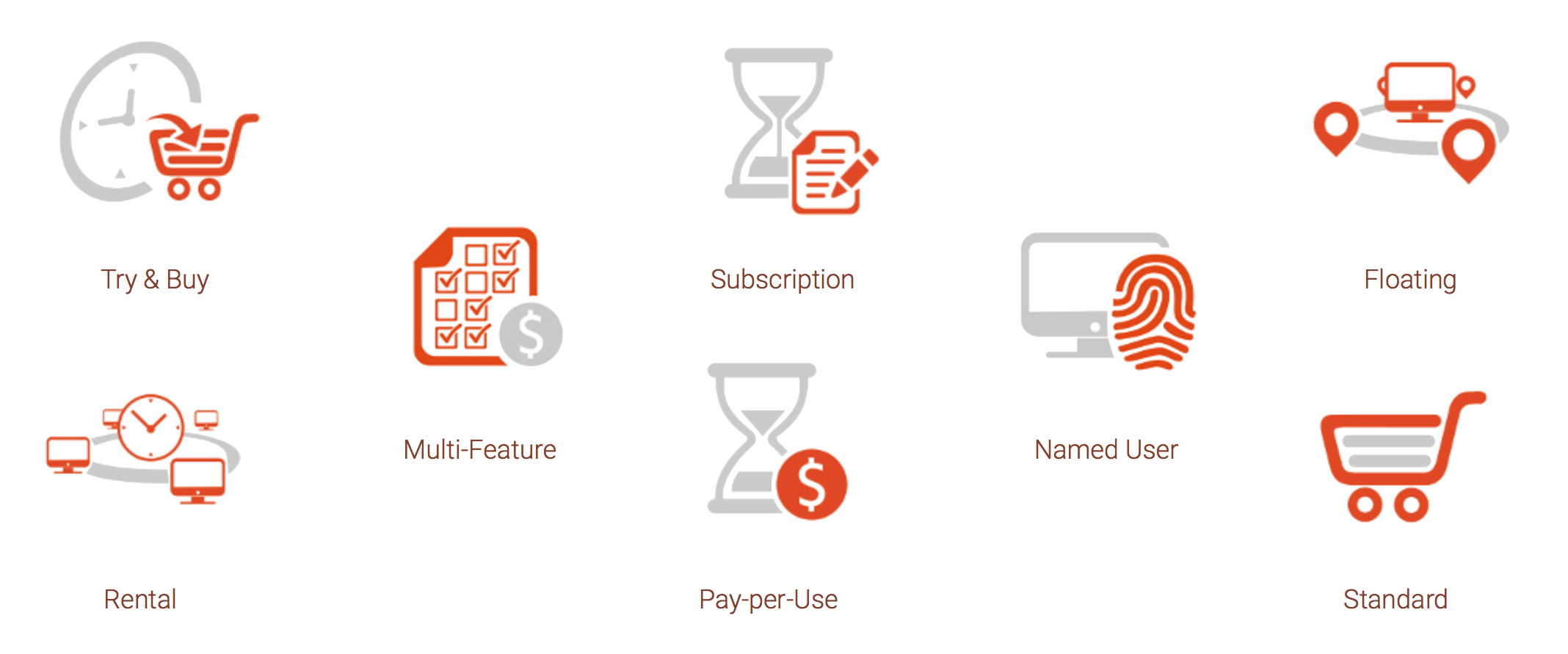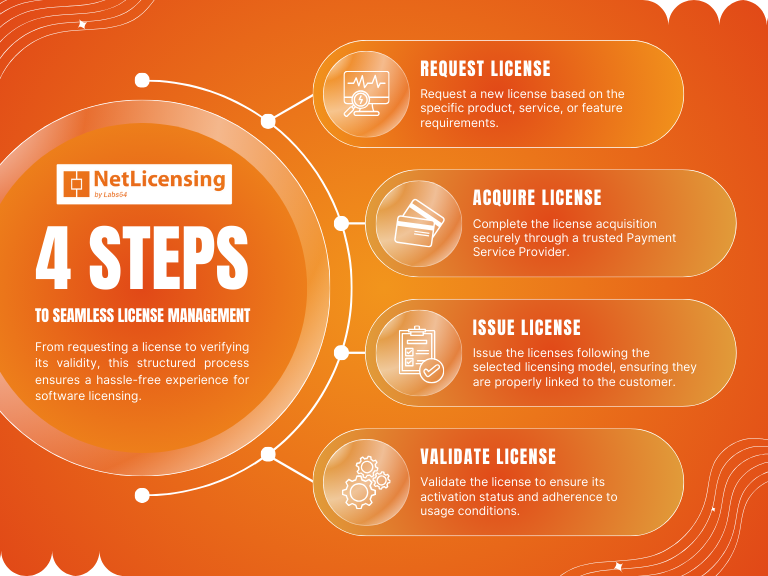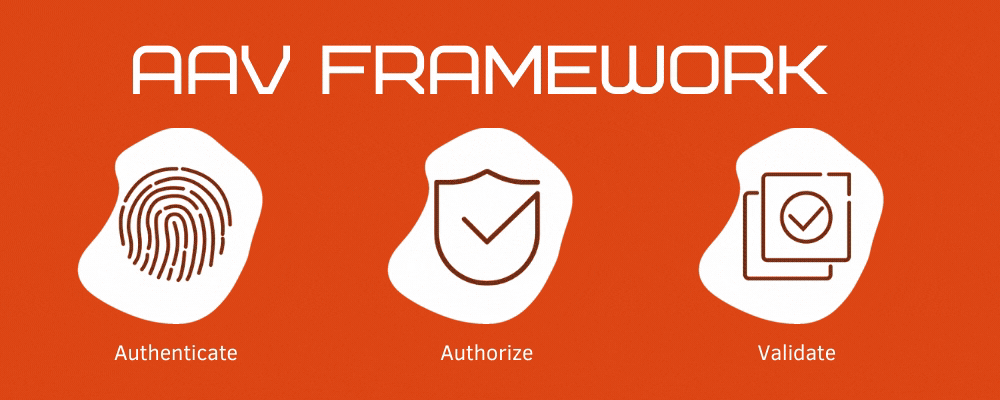Software Licensing Models – Floating and Group

In this third article of our ongoing series about Software Licensing Types (see here for the first and second articles) we will be looking at Floating (concurrent) network licenses, Floating (concurrent) host list licenses and Group Licenses. These are best applied in medium to large businesses; however they may also hold some benefits for smaller businesses. This is particularly true where we are dealing with a piece of software that will be used by a large number of people.
It is important to note that whilst there are certainly some similarities between the license models which we will be looking at in this article and the ‘Site License’ which was discussed in the first article in this series. There are also some key differences. Ultimately making a difference to the cost to the end user and can potentially have an effect on your profit as a vendor.
Floating (concurrent) Licenses over a Network
If you have a customer who wants to enable multiple users to access a piece of software but do not need it to be available to all of their users at all times – this license type may well be suitable. It allows for the use of software across multiple machines on a network simultaneously. Its main limitation is that it limits the number of users who have access to the software across that network. However, where it is a piece of software that is required by only a small group of users at any one time, it is a cost-effective solution.
As the license grants use to a pre-determined number of users, rather than physical machines, it enables your customers to have greater flexibility in their use of the software. If they have a network with floating user profiles – where people can log onto their user profile from any machine on the network – this is particularly helpful. The number of licensees which can come as a part of a Floating Network package is dependent largely upon you the vendor – working within the manufacturers guidelines for license distribution.
Floating (concurrent) Licenses over a host list
At first appearance this license type may seem almost identical to the previous type – with one crucial difference. The number of licenses granted is a pre-set number of installations on physical machines, rather than that which is accessible to a set list of users anywhere on a network. At face value, these may seem pretty much identical in deployment. However, this is not the case and it is worth considering why this is so.
The license over host list provides less flexibility than the network license but it also increases the security of the software access. The fact that it is limited to specific machines means that it will suit a business environment where the users only need to access the software from their main station.
Group License
A group license is similar in deployment to the Floating Network license. It grants the usage rights to the software to a set number of users. However, rather than having to assign the rights to specific number of users, a group license enables people with certain group policy rights to access it. In practice this means that your customers can make the software available to a group of users who meet the requirements – with the flexibility to allow additional users to access the software as they are granted more rights within the group policy.
The actual use of a group license can require the licensee to grant specific usage rights to the members of the approved group.
As with all software licensing; there are many similarities between these three types of license. However, as we have seen there are also some fundamental differences. It is also worth remembering that not all types of software will allow for all these variations of license. For example, some software may only offer the license over host list meaning that your customers should be made aware of the limitations of this particular license type.
We hope that you have continued to find this series of articles both informative and interesting.
Image Credits: Labs64





